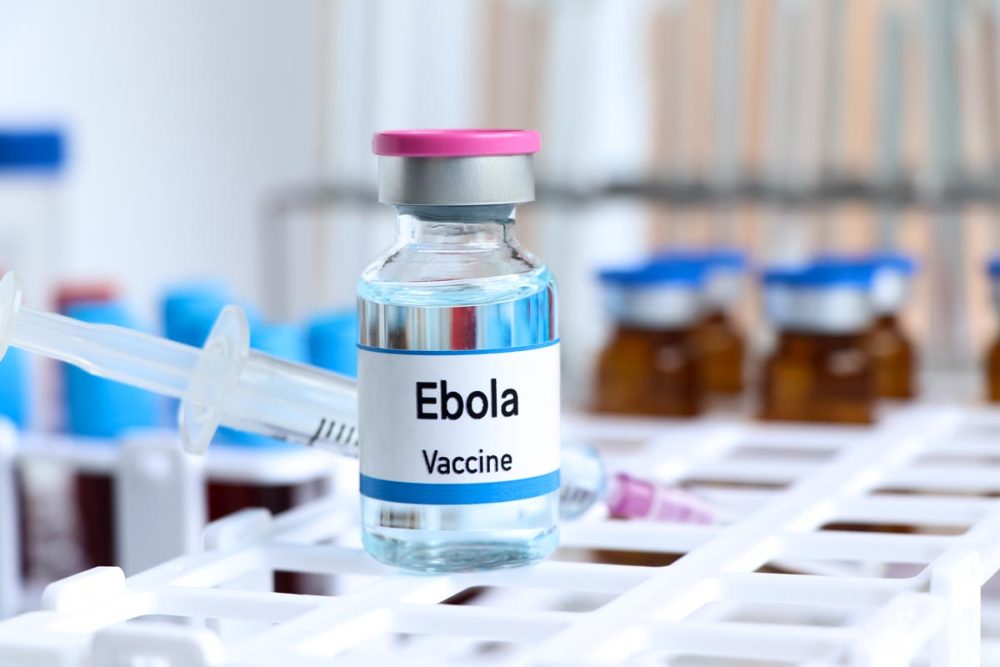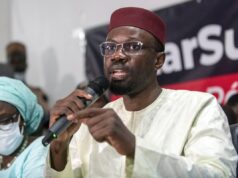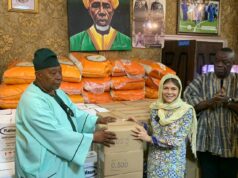The World Health Organization (WHO) has begun vaccinating frontline health workers and contacts of confirmed Ebola patients in Kasai Province, where a new outbreak of the deadly virus has been declared.
According to a statement issued on Sunday, the WHO said 400 doses of the Ervebo Ebola vaccine—part of the country’s emergency stockpile of 2,000—have already been delivered to Bulape, the epicentre of the outbreak.
The International Coordinating Group on Vaccine Provision has approved the release of an additional 45,000 vaccine doses to support efforts in the Democratic Republic of the Congo (DRC), where the outbreak was officially declared in early September. This marks the country’s first confirmed Ebola outbreak in three years.
DRC’s Ministry of Health has so far reported 32 suspected cases, 20 confirmed cases, and 16 deaths linked to the outbreak. Health officials fear the situation could escalate if containment measures are not swiftly and effectively implemented.
“Containing the outbreak is possible, but it will be challenging if we miss the window of opportunity,” warned Patrick Otim, WHO Programme Area Manager, during a briefing in Geneva last week. He urged increased support from the international community and government partners.
The outbreak has raised concerns about cross-border transmission. A recently confirmed case appeared 70 km from Bulape, signaling possible spread. The WHO has assessed a moderate risk of regional transmission, particularly to neighbouring Angola.
Responding to the outbreak is expected to be complicated by limited resources. Several humanitarian workers have told Reuters that cuts to foreign aid—especially following the scaling back of the U.S. Agency for International Development (USAID) under former U.S. President Donald Trump—have weakened the country’s emergency response capacity.
Ebola, a viral hemorrhagic fever, is endemic in parts of central Africa and is often transmitted to humans through contact with infected animals. It spreads between people through direct contact with bodily fluids. Survivors can carry the virus for months or even years, potentially triggering future outbreaks.
The WHO and Congolese health authorities continue to monitor the situation closely, aiming to halt transmission before the virus spreads further.








